|
"For today in the city of David a savior has been born for you who is Messiah and Lord." Luke 2:11 MERRY CHRISTMAS!
0 Comments
God selected St. John the Baptist for a special mission even before he was born. The angel Gabriel appeared to his father Zechariah to foretell the birth of this very special child. Scripture tells us that John was blessed by the Holy Spirit before his birth. When Elizabeth pregnant with John, is greeted by her cousin Mary, pregnant with the Son of God, Elizabeth’s child “leaped in her womb for joy”. Throughout his life John remained in this holy state. He dedicated himself to the task given to him by God. John was the last of a long line of Prophets sent to prepare the people for the coming of their Saviour, Jesus Christ. His message was clear, “Repent, for the kingdom of heaven is close at hand”. The church highlights the life and mission of St. John the Baptist at Advent each year. We are reminded to prepare our hearts for the coming of Jesus. We do not prepare for his human birth since he lived, died and returned to heaven long ago. Instead, we prepare to meet him face to face whether that will be at his glorious return to earth or at our own death. The man whom Jesus called “greatest among men” is certainly worthy of our study and reflection. John’s message to “turn to God and away from sin” is as meaningful to people today as it was to those living 2000 years ago. God has also selected us to be messengers. Our special mission is to share the Good News of Jesus’ love with the world. John listened to the call of God spoken in his heart. We listen, too. The voice of God reverberates through the words of Scripture, “and you will be my witnesses in Jerusalem, in all Judea and to the ends of the earth. “ Where to Learn More: The website www.newadvent.org had a lot of fabulous information about St. John the Baptist. Previously called “Catholic Encyclopaedia” this site is positively bursting with information about every aspect of our faith.
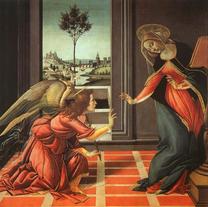 Tonight we heard the story of the Annunciation and talked about the answer that Mary gave to the angel Gabriel. It was a very special “yes” that Mary said and she probably had only a little idea as to how important her “yes” was. Because of the graces she received, she knew that she should accept what God was asking of her, even if she was scared or confused about why or how it would happen. Mary’s “yes” changed everything. She became Mother of God and Our Blessed Mother. Jesus grew up and died to take away our sins. It changed everything in the lives of those met and followed Jesus, how they honoured God and loved each other. Our Holy Church had a beginning, and it set the path of every Christian even to today. Your very lives are the way they are today because of Mary. We need to continue trying all our lives to say the same “yes” to God as Mary did so long ago, and to pray for the graces that can make that possible. Tonight our classes reviewed the Angelus together, and we’ve included the words to the Angelus on tonight’s sheet so that your family may enjoy it together as our classes did. The Angelus: The angel of the Lord declared unto Mary And she conceived of the Holy Spirit. Hail Mary… Behold the handmaid of the Lord Be it done to me according to Your Word. Hail Mary… And the Word was made flesh And dwelt among us. Hail Mary… Pray for us, O Holy Mother of God. That we may be made worthy of the promises of Christ. Let us Pray: Pour forth, we beseech you, O Lord, your grace unto our hearts, that we to whom the incarnation of Christ, your Son, was made known by the message of an angel, may by his passion and death be brought to the glory of His resurrection, through the same Christ our Lord. Amen.
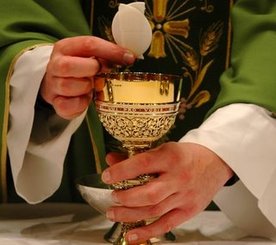 In last week’s handout we learned about the history and the format of the Mass. It was described as being the ultimate prayer, really the closest form of communication with God that we have in this life. Communication always involves two or more persons. Someone to talk and someone to listen, one to give and one to receive, someone to invite and someone to respond. Without two active parties, communication cannot occur. In this handout we will talk about how we can experience Jesus in the Mass more completely by participating in the Mass more fully. Have you ever watched a foreign film - a movie spoken in a different language? If the movie didn’t have subtitles you probably didn’t know what was happening in the story and became quite confused. This might cause you to become rather frustrated, to fidget and even gaze around the theatre. Even this would eventually become boring and you would finally walk right out. If you go to Mass without any interest in understanding or being involved in it, you might find your experiences quite similar. Attending Mass involves much more than just being physically present in the church. Catholic worship involves the whole person – body and soul. That’s why Catholics use different postures, such as standing, sitting, kneeling, and bowing, and do plenty of listening, singing, and responding to phrases. And while these physical gestures are important, there is nothing more important to God than what is going on in your heart and in your soul – your interior participation. Go to Mass with a happy heart and a willingness to get to know God a little better. Read the scriptures at home ahead of time so that you are familiar with them, or follow along in your missal during Mass. Listen to the priest’s prayers and repeat them silently to yourself, and when the priest offers God the perfect gift of his son Jesus in the Eucharist, offer yourself to God too. Say, “Lord, I am not as good and holy as Jesus, but I know that you love me. I offer my life to you.” Recognize that it is really Jesus that you are receiving in Communion and spend a little time in quiet prayer with Him afterwards. Thank Him for his blessings and ask for His help with life’s challenges. It is normal to be distracted in Mass and to find that your mind has wandered from time to time, but if you develop an attitude of gratitude and the discipline to fully participate in the Mass the peace and joy you experience there will spill over to your whole life!
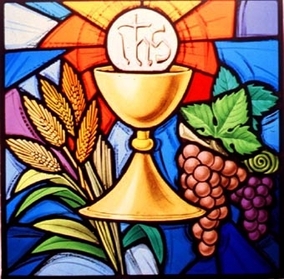 So Jesus said to them, “Very truly, I tell you, unless you eat the flesh of the Son of Man and drink his blood, you have no life in you. Those who eat my flesh and drink my blood have eternal life, and I will raise them up on the last day; for my flesh is true food and my blood is true drink. Those who eat my flesh and drink my blood abide in me, and I in them. Just as the living Father sent me, and I live because of the Father, so whoever eats me will live because of me. This is the bread that came down from heaven, not like that which your ancestors ate, and they died. But the one who eats this bread will live forever.” John 6:53-58 It is difficult for us when reading from this Gospel to question Jesus teaching. His words are clear and he repeats them often to make sure that His message is understood. Believe in Me : Eat and Live Forever. Yet many of his followers could not accept his words and rejected His teachings. The disciples that remained with Jesus were confused by His words until after His resurrection when it finally all made sense. There are many Christians today who are unable to accept the presence of Jesus in the Eucharist. For those of us who accept and adore Jesus in the Eucharist, we are greatly blessed by our divine communal meal. For as Jesus said “Those who eat my flesh, and drink my blood abide in me, and I in them.” Through the Eucharist we become united with Jesus, and He with us. If each of us is united with Jesus, we naturally become united with all believers. We are the Body of Christ! If we eat an apple or some other nutritious food we don’t feel an immediate change in our bodies, and so it is when we eat of the body and blood of Christ. Jesus is our spiritual food, he nourishes and sustains us bringing us ever closer to Him. You may not feel a physical difference but you can be sure that Jesus Christ is Spiritual Super Food!
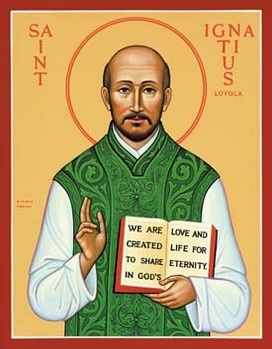 Founder of the Society of Jesus St. Ignatius of Loyola as the patron saint of spiritual exercises and retreats St. Ignatius (St. Inigo) was the youngest of 13 children. His parents both passed away when he was young. St. Ignatius decided to become a soldier and while at war was hit by a cannonball, injuring both legs. He endured terrible pain while his leg was being treated and ended up with a shortened leg. While he was recovering in the hospital, he started to read the books about the saints and the life of Christ. He devoured these books, at first simply as an escape from boredom. Gradually, however, he began to find them fascinating. In the long months of recovery he started imagining what a great honour it must be to serve the glory of God. Ignatius was so impressed by these books that he made up his mind to be a saint too. St. Ignatius began to pray and one day he had a vision of Our Blessed Mother with the Infant Jesus. This was one of many that he would have. Once he could walk again (after nine months), he decided to give up his worldly goods and make a pilgrimage to the Holy Land, initially on a donkey but then by foot. As he traveled and prayed, he listened for what God might speak to him. He found great consolation in imagining himself present at various scenes from Christ’s life. In his imagination, he listened to what Jesus or Our Lady or the apostles were saying, as if they were including him in their conversation. Fortunately for us, Ignatius took notes about where these meditations were leading him. It was these notes that Ignatius would use to lead others in purifying their own intention so that they too would know God’s will in their lives. The notes gradually took the form of the guidebook known ever since as the Spiritual Exercises, a book that continues to guide people to pray and live for God. St. Ignatius continued to attract followers and eventually started The Society of Jesus (the Jesuits). The pope assigned them ministries including giving retreats, teaching, and missionary work. They did much to reform the church. In the fifteen years that he served as a general of the order, Ignatius saw the Jesuits increase form ten members to a thousand, at the same time becoming one of the most dynamic orders of the church. Although he was sick often, Ignatius died unexpectedly on July 31, 1556. By that time his order had grown to one thousand members who were all over the world. St. Ignatius was canonized in 1622. He is the patron saint of spiritual exercises and retreats.
|
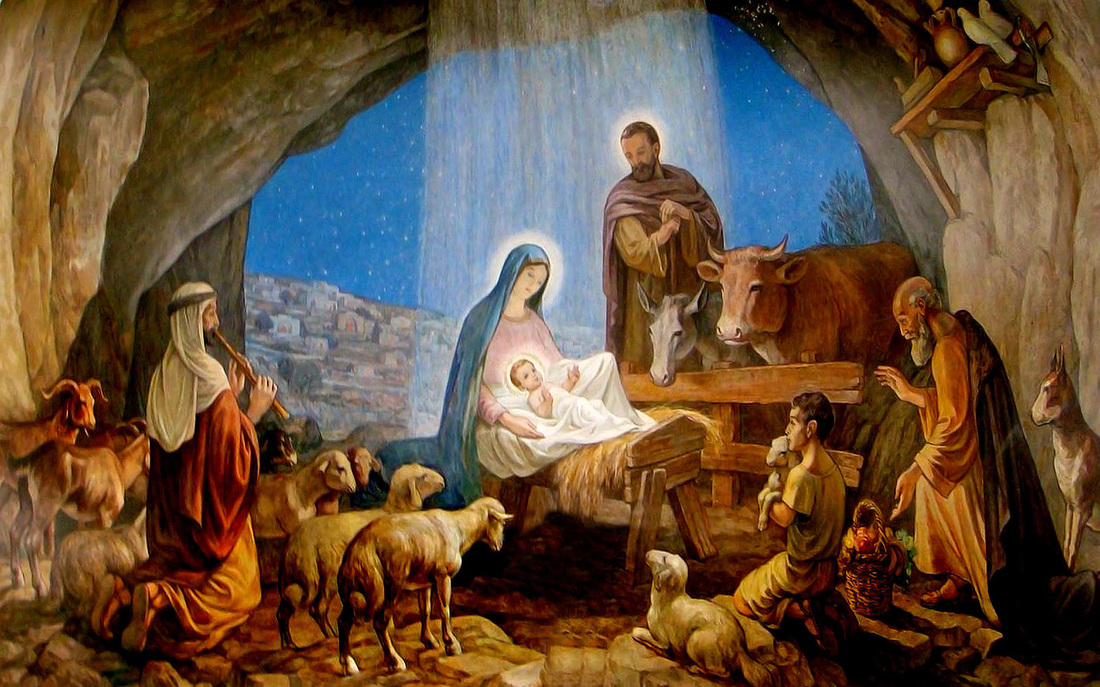
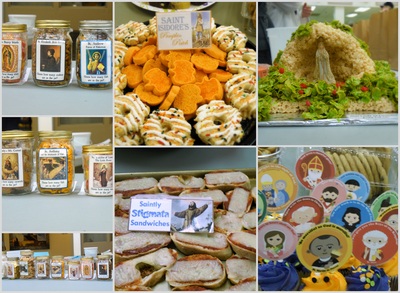
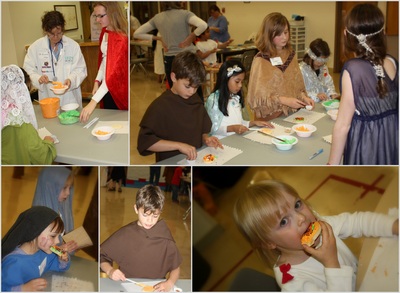
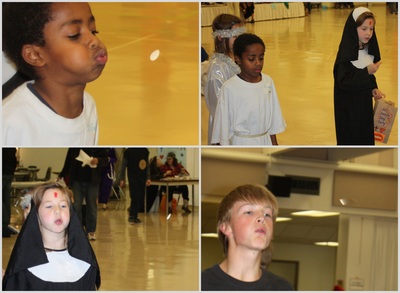
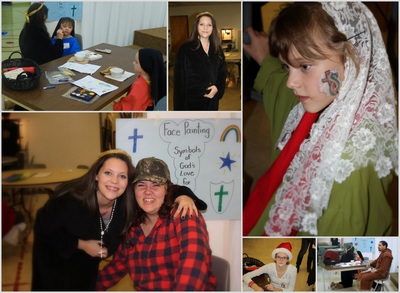
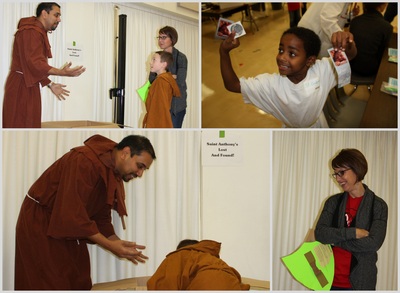
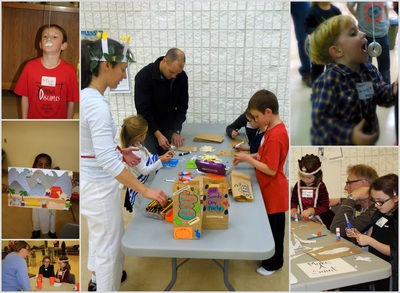
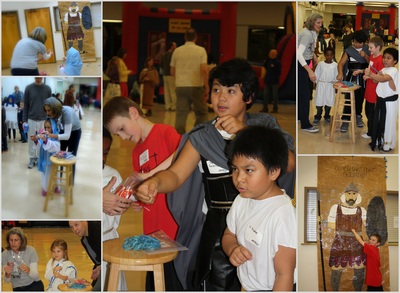
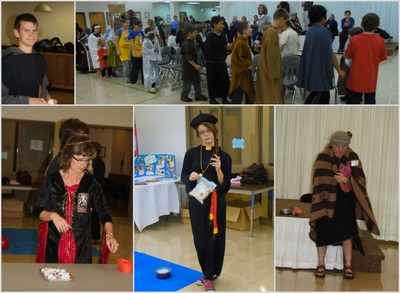
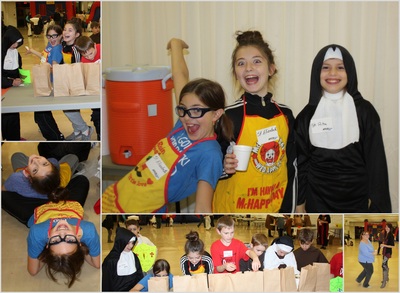
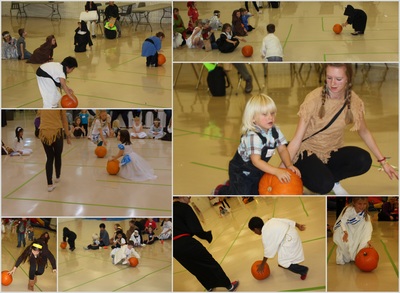
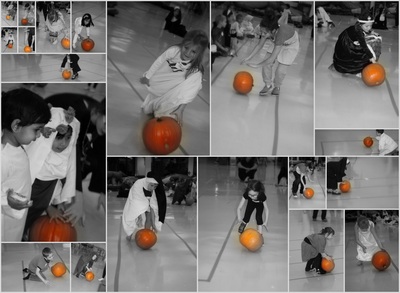
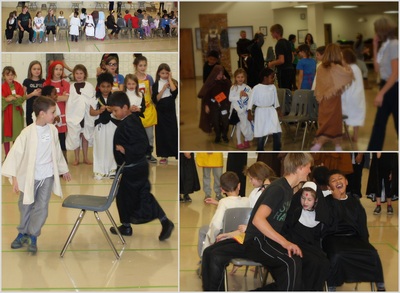

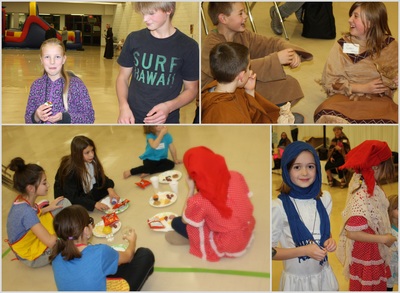

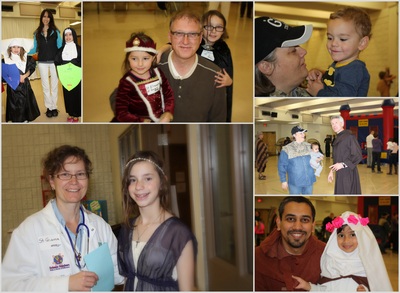
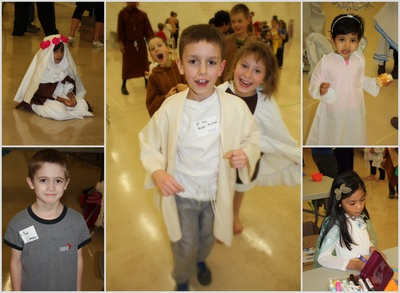
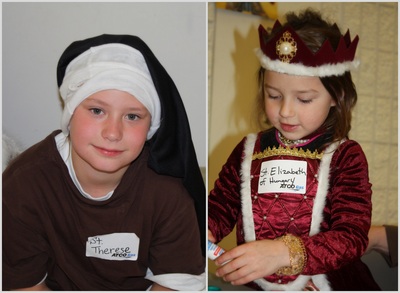
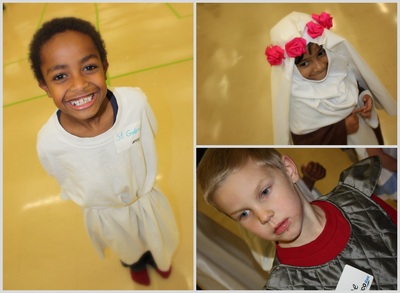

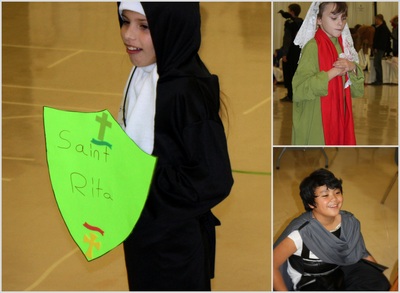
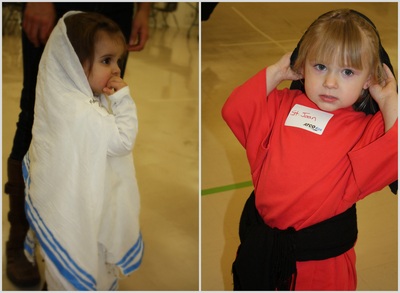
 RSS Feed
RSS Feed
